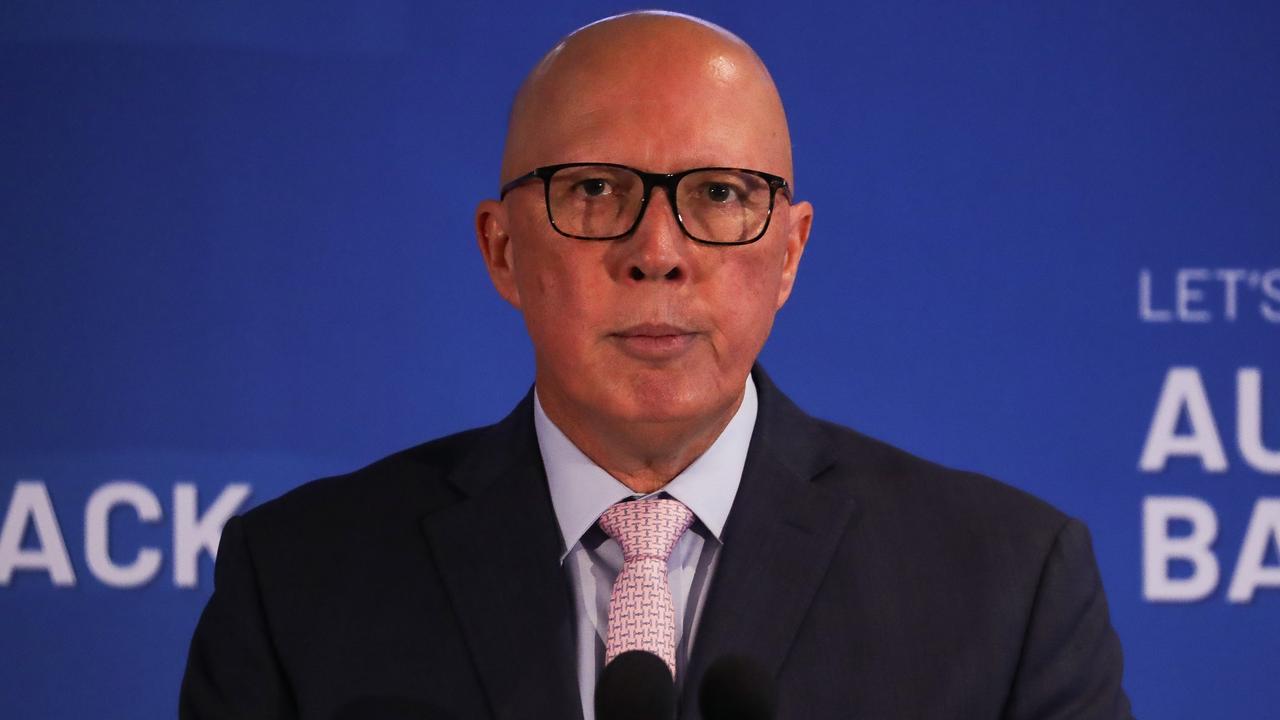Malcolm Turnbull takes a weird stab at addressing house prices
FINALLY, Malcolm Turnbull has got something new to say housing affordability. But has he missed the point again?
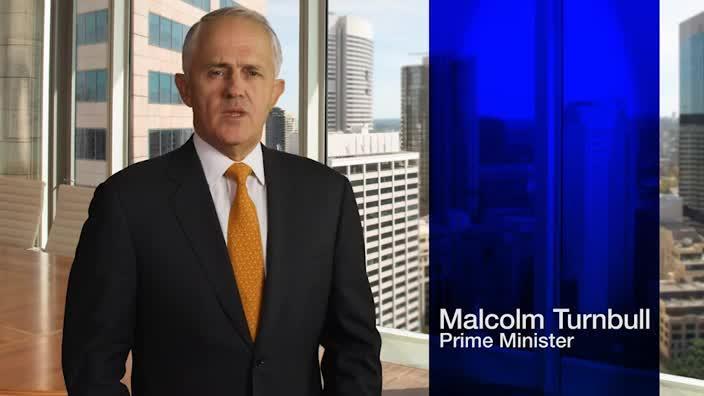
MALCOLM Turnbull has finally got something new to say housing affordability but has he missed the point again?
The Prime Minister has been under pressure over housing prices since the release of his first Budget, which contained no measures to address affordability.
Unlike Labor he has refused to reform negative gearing or capital gains tax but rising prices are such a big issue he’s been clutching at ways to address it.
Mr Turnbull has previously commented that the key to reducing prices was improving the supply of new housing, but of course this is a state planning issue, and not something the Federal Government can really change.
Attempts to lighten the debate by joking parents should give their children money to buy a home, fell flat last week, as did his promotion of a family who had bought their baby a home using negative gearing measures.
But in a new election ad, Mr Turnbull unveiled a new approach: highlighting the link between housing affordability and union corruption. See? He is doing something.
In the ad, Mr Turnbull spruiked the return of the Australian Building and Construction Commission as a way of lowering the cost of construction.
As Mr Turnbull sees it, cracking down on union corruption is one way of improving housing affordability.
“We’re paying up to 30 per cent more for hospitals, schools and roads,” he said in a YouTube ad. “Even housing affordability is affected because of the high cost of building apartments.”
But while Mr Turnbull could well be right, his comments kind of miss the point.
Construction economist Gerard De Valence of the University of Technology, Sydney, said there were many variables involved in house prices, and construction costs were just one element.
“I hate to say this but it’s more complicated that than,” he said. “It’s not just about the cost of housing blocks, it’s also about roads and sewerage systems.”
Labour costs make up less than half the cost of building new apartments, Mr De Valence said, so over time this could have a significant effect on prices.
“But it’s not going to be a magic bullet for the housing market,” he said.
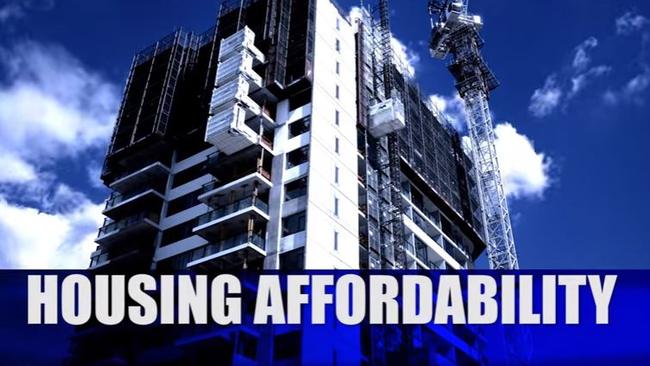
While cracking down on union corruption was important, especially to tackle criminal elements infiltrating the construction industry, Mr De Valence said housing affordability was a separate issue that really needed its own set of policies.
He said the same thinking applied to Labor’s commitment to reform negative gearing and capital gains tax.
“Neither the ABCC or negative gearing is the magic bullet,” he said. “They may help but they won’t solve the problem overnight.
“The overwhelming truth is that it’s incredibly difficult to change one part of the tax system on its own.
“For example, you can’t get rid of, or change negative gearing significantly without offering self-funded retirees or investors, an alternative investment.
“We are asking people to become responsible for retirement incomes but only providing a limited opportunity to do that.”
Mr De Valence said the purpose of negative gearing should be reconsidered, in the same way the government had explored the aims of superannuation.
He said negative gearing was traditionally used as a way for people to get into the housing market as it allowed them to buy a property and rent it out, while paying off their mortgage and renting a cheaper home.
“But because of other distortions in the tax system, today, negative gearing has exploded,” he said. Distortions included things like the capital gains tax discount, but Mr De Valence said the government also needed to offer alternatives to investors.
“For example, infrastructure bonds for investors, targeted at self-funded retirees, would be a very attractive officer I imagine.”
This is partly because low interest rates, which have fuelled property purchases, have also made it harder to earn a decent income out of investment accounts.
“For hundreds of thousands of Australian retirees, a rise in interest rates would be fantastic,” he said. It would also help keep housing prices down.
But Mr De Valence did give Mr Turnbull credit for his Smart Cities plan that aimed to create 30-minute cities. This includes looking at how to raise finance for projects that improved access to jobs, housing affordability and reduced traffic congestion by spreading out economic hubs.
He said the approach was “fundamentally right”, adding “essentially housing is a state level issue.”
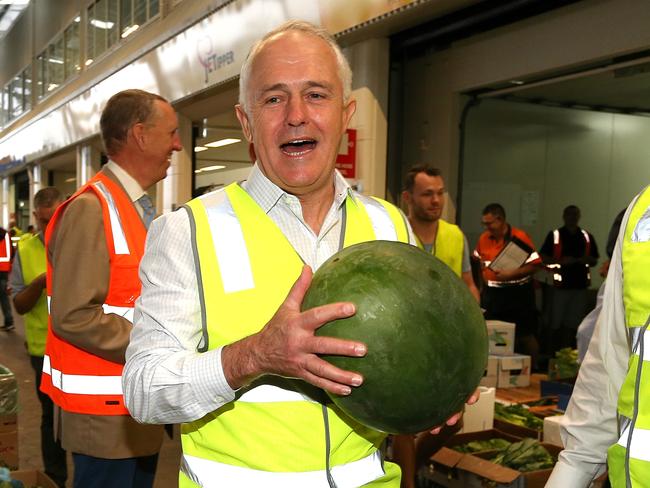
Meanwhile Labor has released an election video of the Opposition Leader Bill Shorten hugging his wife and talking about his mum.
“When mum passed away, I remembered how hard she worked for me to have the best education,” he said.
Investment in education is a key plank of Labor’s campaign, even being used to sell the party’s own stab at innovation, one of Mr Turnbull’s favourite subjects.
Labor suggests it will deliver “innovation through education” and wants to “make Australian schools the best”.
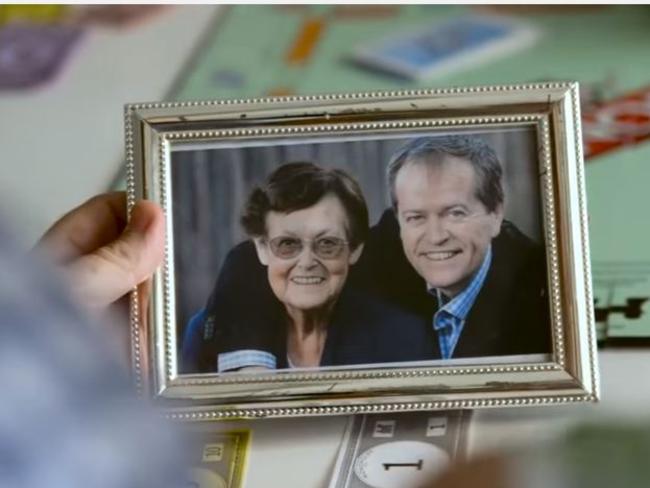
The heartwarming advert is starkly different to one the Liberal Party has released on Mr Shorten, attacking him over his changing position on lowering company tax, the deficit reduction levy and personal income tax relief.
Mr Shorten’s daggy dancing even makes an appearance.

Voters should brace themselves for even more election highlights. It’s only day two of the official campaign.




